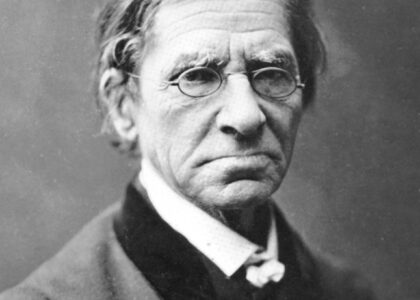Welcome to the Kellogg Historical Museum, a fascinating portal into the past of Kellogg, a small town located in Jasper County, Iowa. Established in the early 20th century, the museum’s main building was originally the Simpson Hotel, constructed in 1909, serving as a testament to the bustling activity that once defined this community. The museum complex also features a charming one-room schoolhouse and a country church, taking you back to a time when these institutions were central to everyday life.
Kellogg’s story begins in 1865 when it was laid out in anticipation of the Mississippi and Missouri Railroad. Initially named Manning’s Station, it saw a few name changes before being named after Judge Abel Avery Kellogg, a pioneer settler who played a significant role in the town’s early development. The arrival of the railroad in 1866 marked a pivotal moment, turning the town into a vital station and fueling its growth.
The museum offers a close look at small-town life in Iowa, showcasing artifacts and stories of the people who shaped the community. The town was a hub for agricultural activity, with its landscape dotted with farms and fields that were integral to the local economy. As you explore the museum, you’ll find exhibits that highlight the tools, clothing, and everyday items used by the residents.
Throughout its history, Kellogg has been a witness to the broader changes sweeping across Iowa and the Midwest. As the agricultural industry evolved, so did the town, adapting to technological advancements and shifts in population. The museum preserves these narratives, providing visitors with a deeper understanding of the region’s history.
Today, the Kellogg Historical Museum stands as a window into a way of life that is gradually disappearing across the Midwest. It’s a place where stories of resilience and community are kept alive, inviting all who visit to step back in time and appreciate the rich tapestry of local history.





